Last Wednesday Dartmouth’s Hockey Team was decimated by Somerset Berkley High, a 6-2 loss that cemented the fact that the issues that I highlighted in my first article following the team, continue to be terminal. However, unlike my first critique, that I admitted was novice at best, I’ve watched this loss so many times I could narrate a one by one of each event throughout the game from memory. In 1.75x speed in .5 speed I replayed only to find no manipulation of the video could hide the fact that Dartmouth has a serious connection problem. Every play felt incomplete, cut short before it could get good. The game was primarily a defensive one for Dartmouth, but when the offense could break away, it was often a misfired attempt, like a billiard ball losing inertia just before making a point.
Part of the devastating loss is due to a lack of quick rotations to optimize player ability and stamina. Several players overextended themselves to compensate for the intensity of the game, making the fall from grace even worse. Hockey is one of the most intensely physical sports, so to have a player, say defensive man Will Gibson play 34 minutes of a 45 minute game is not only hazardous, but limiting to said player’s ability.
For reference the expected play time for a defensive player in the NHL is 20 minutes and 11 seconds. It can be assumed that other players of similar skill to Gibson played a similar amount but aside from the goalie Ashton Machado who played 44 minutes, by my count Gibson had the most minutes. (Imagine the secondhand embarrassment of watching a 45-minute loss over and over again to time each player. I did that). This speaks volumes about his skill, but also about the dynamic of the team and coach. There’s a crippling amount of pressure that comes with taking that time.
The message to other players is clear: we aren’t willing to risk the game on you. Although every player has different skill levels, and it’s only natural to stack that, it leaves Dartmouth vulnerable when said players need a break and what follows are players that have not nearly the same experience on the ice nor the confidence from the team.
However, when Dartmouth did have the puck, the team struggled to make beneficial connections: they passed, but more like a game of hot potato. Somerset Berkley pressured the offense, and under pressure, Dartmouth’s synchronicity disappeared. There was a lack of understanding between players, of direction, of clear communication and intent, and interim connections were missed that could have made goals. Players struggled to see the bigger picture in general, covering themselves rather than making decisions that would cover the team, both offensively and defensively.
But there’s a rematch, and honestly as someone who has seen the January 31 game the most, I believe Dartmouth will win the rematch if they make changes. They have the skill: the rising star defensive man, the game-saving goalie, and game winning offense. Now it’s time to make a team. We’ve seen the plays Dartmouth can make on their good days; however, the goal made in the first 20 seconds of the first period and the two goals that were 15 seconds apart in the opening of the second period by Somerset-Berkley rattled the team and instilled a pressure they couldn’t recover from. But it emphasized that every minute on the ice is a game-deciding minute; therefore, every player must be able to perform just as optimally as they did in the first minute as the last, which is impossible when playing a large amount of time completely individualized.
The last game put the team under a microscope, and upon further investigation the diagnosis is clear: terminal misconnection; prescription: switch the lines, and better communication and synchronization.

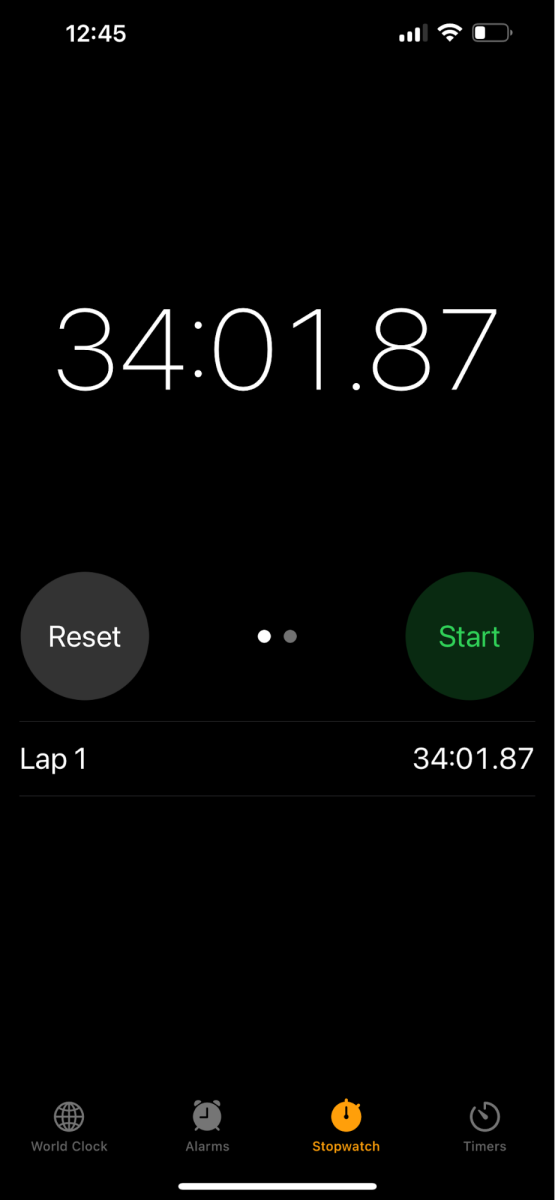
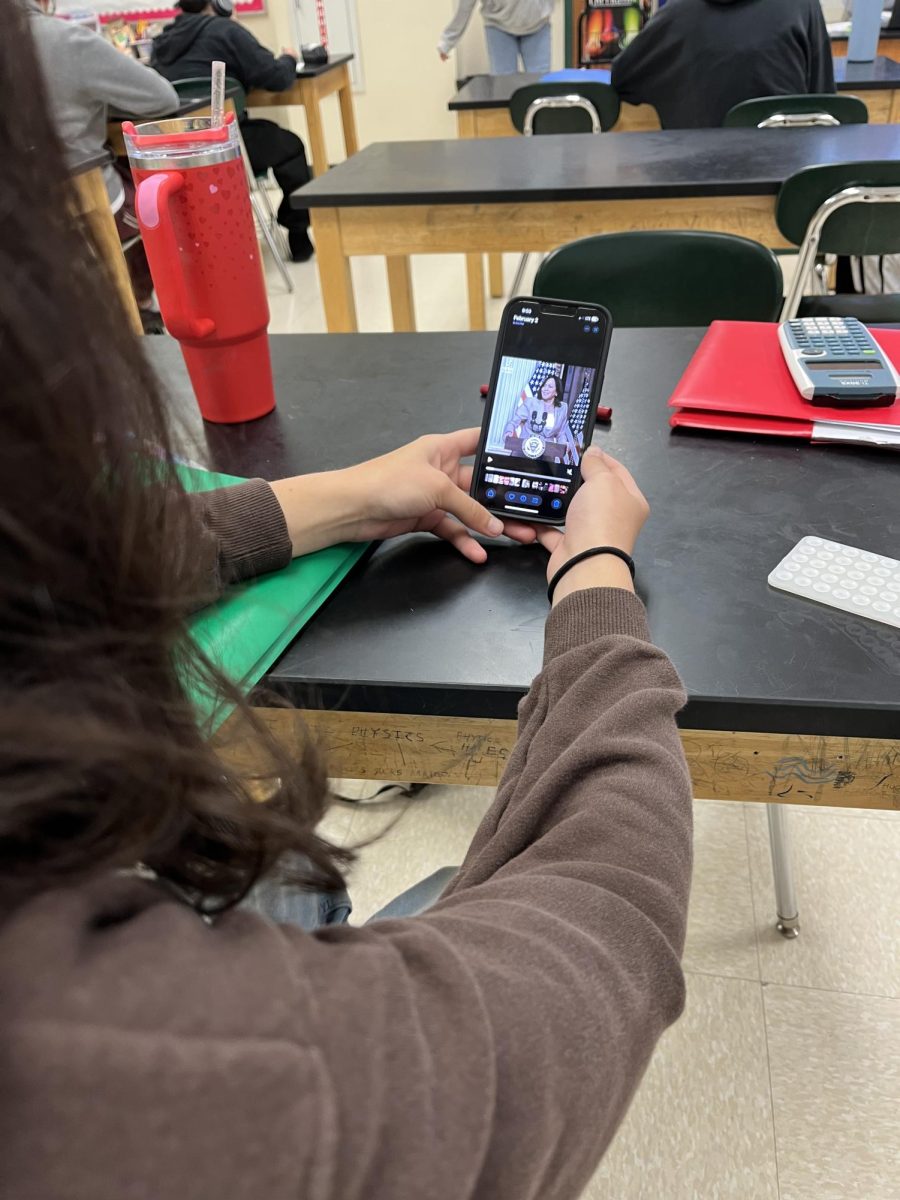

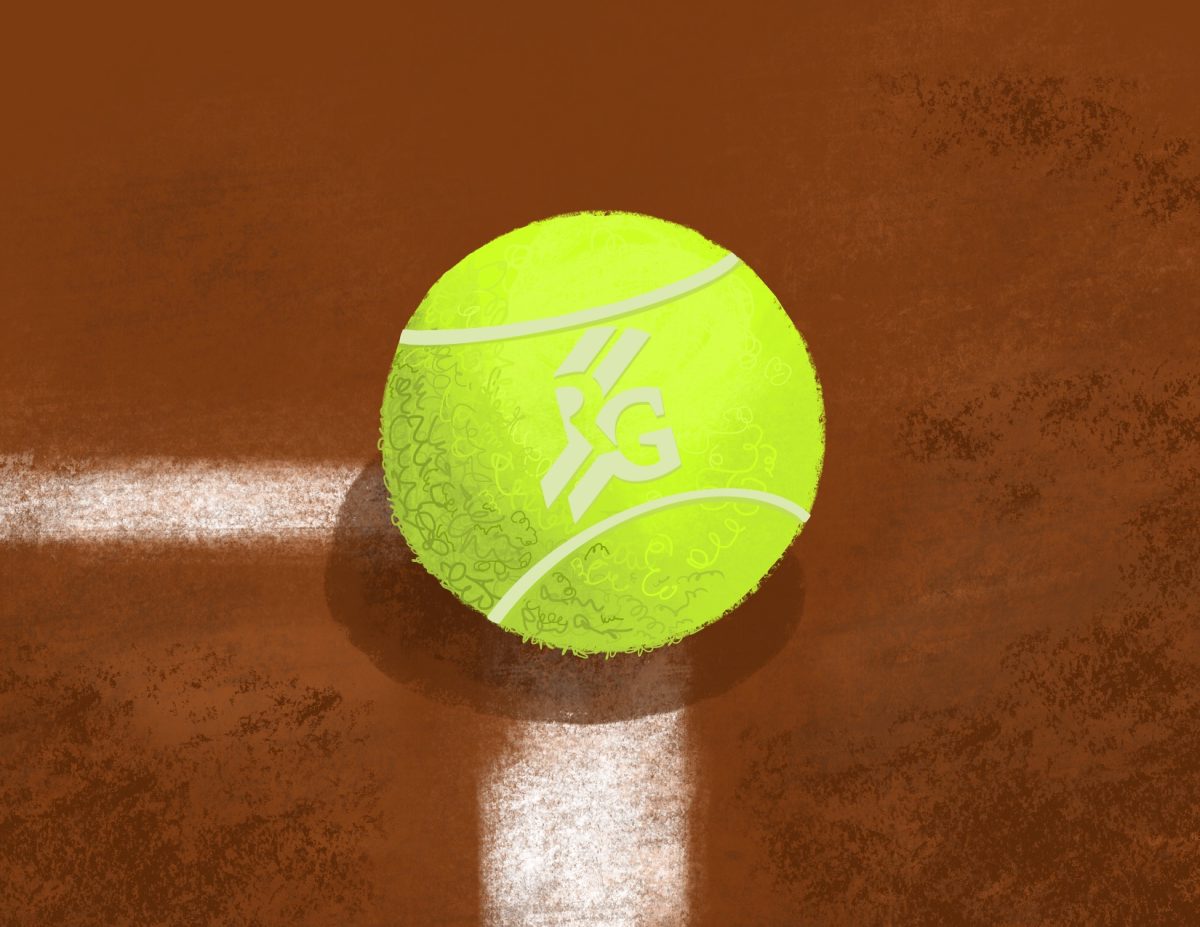

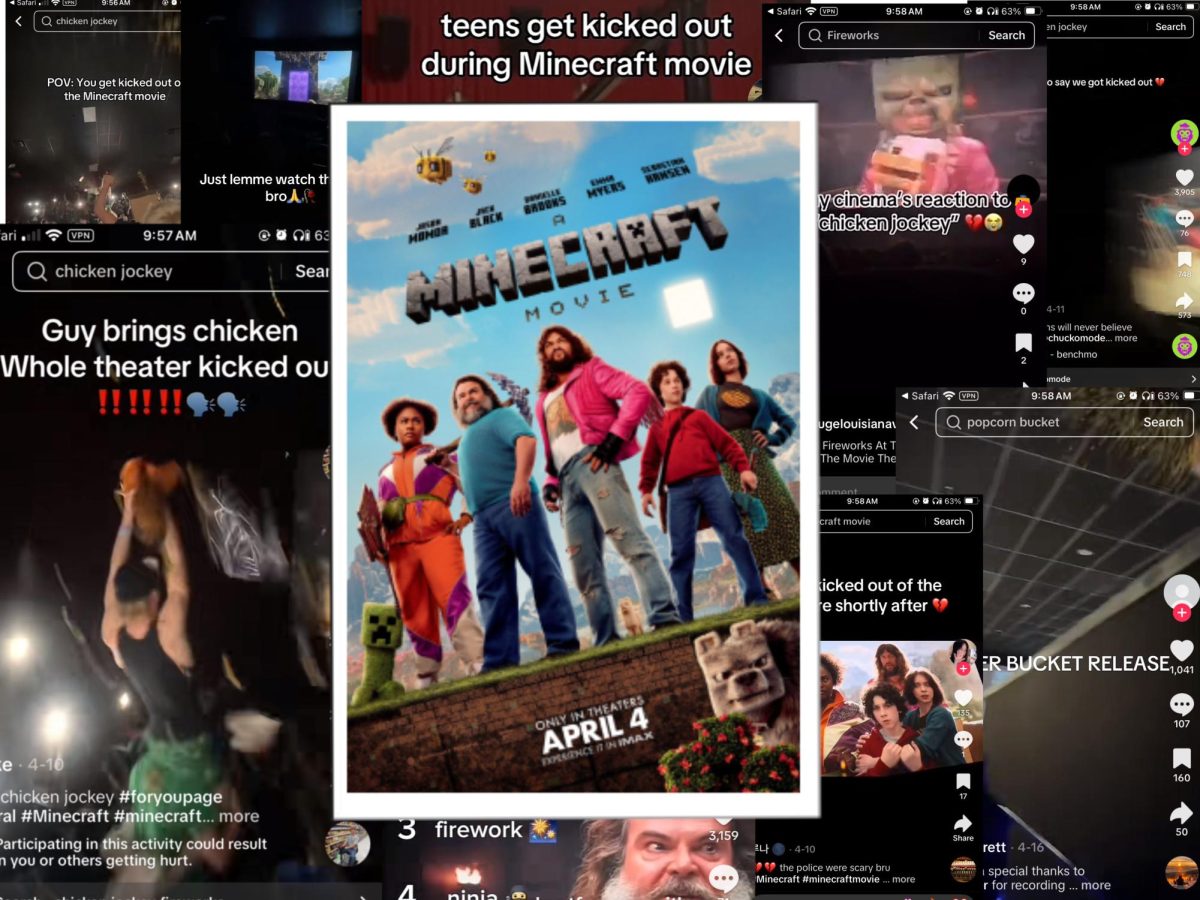

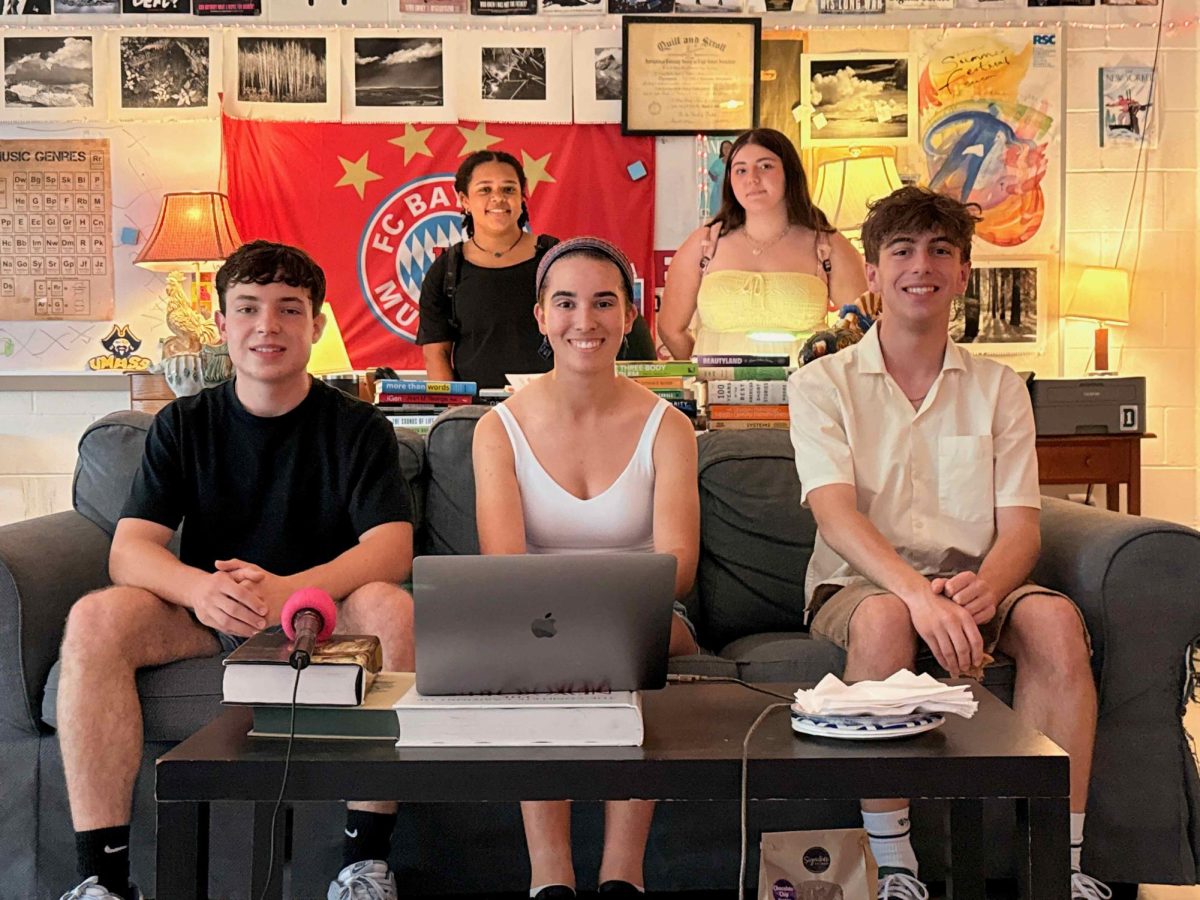



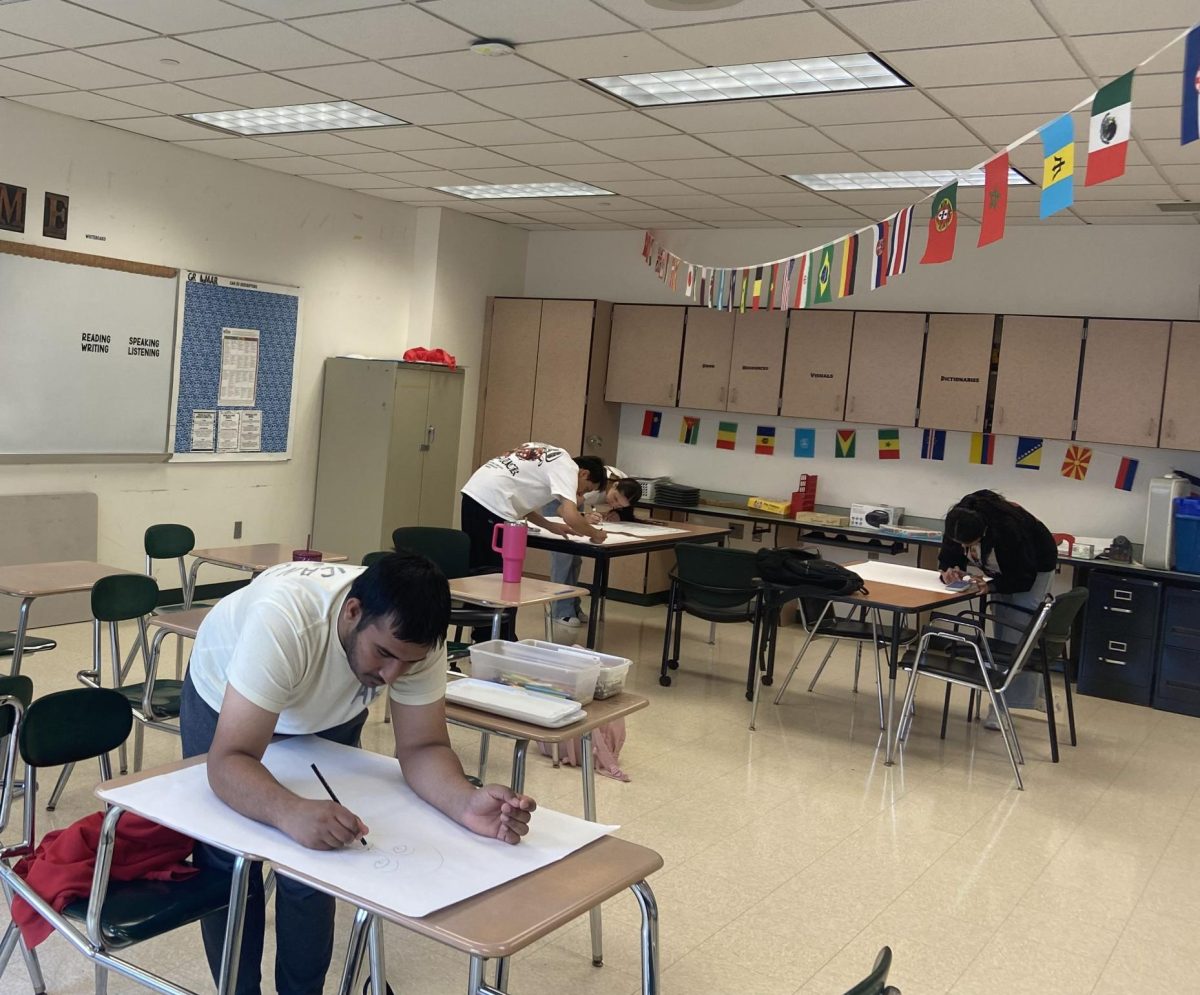

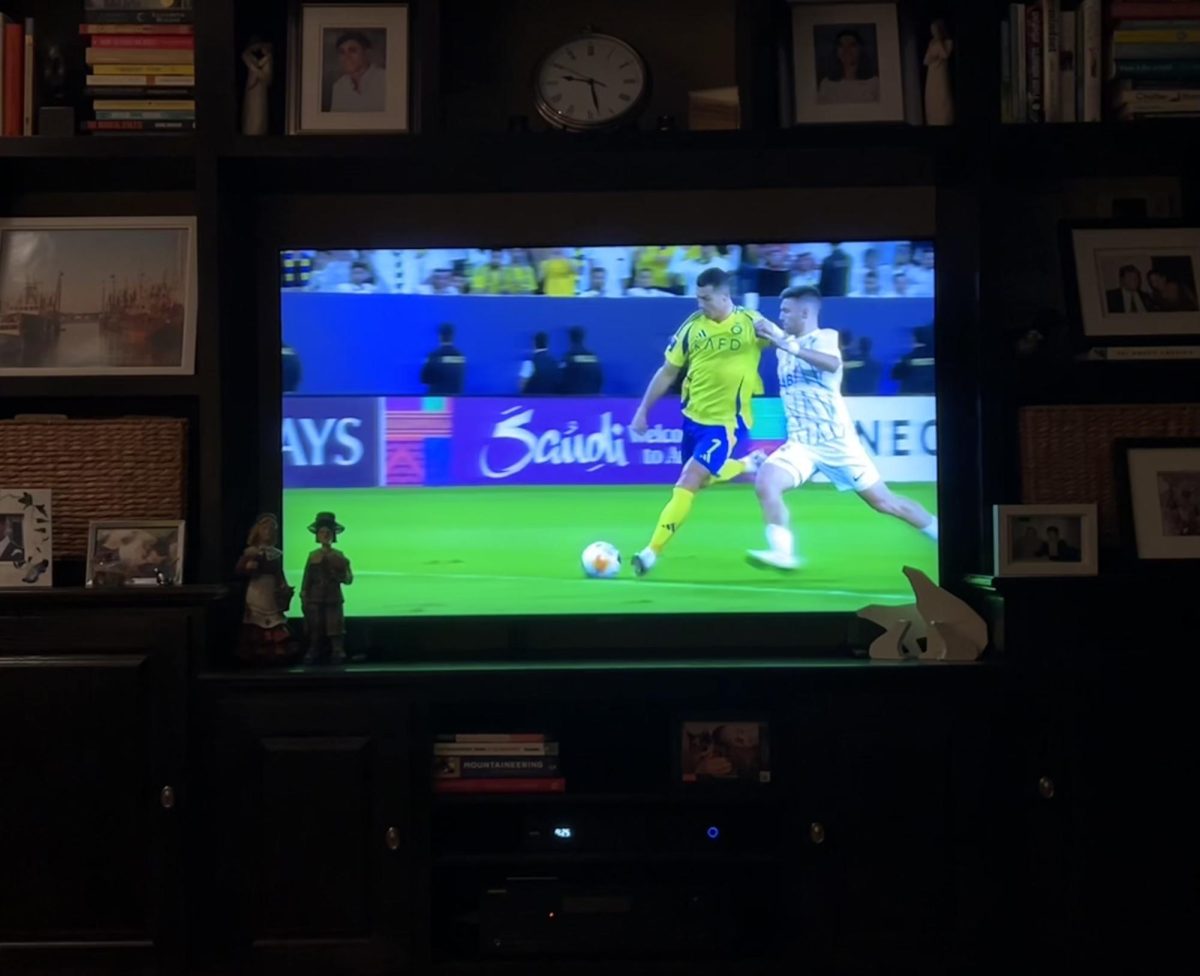

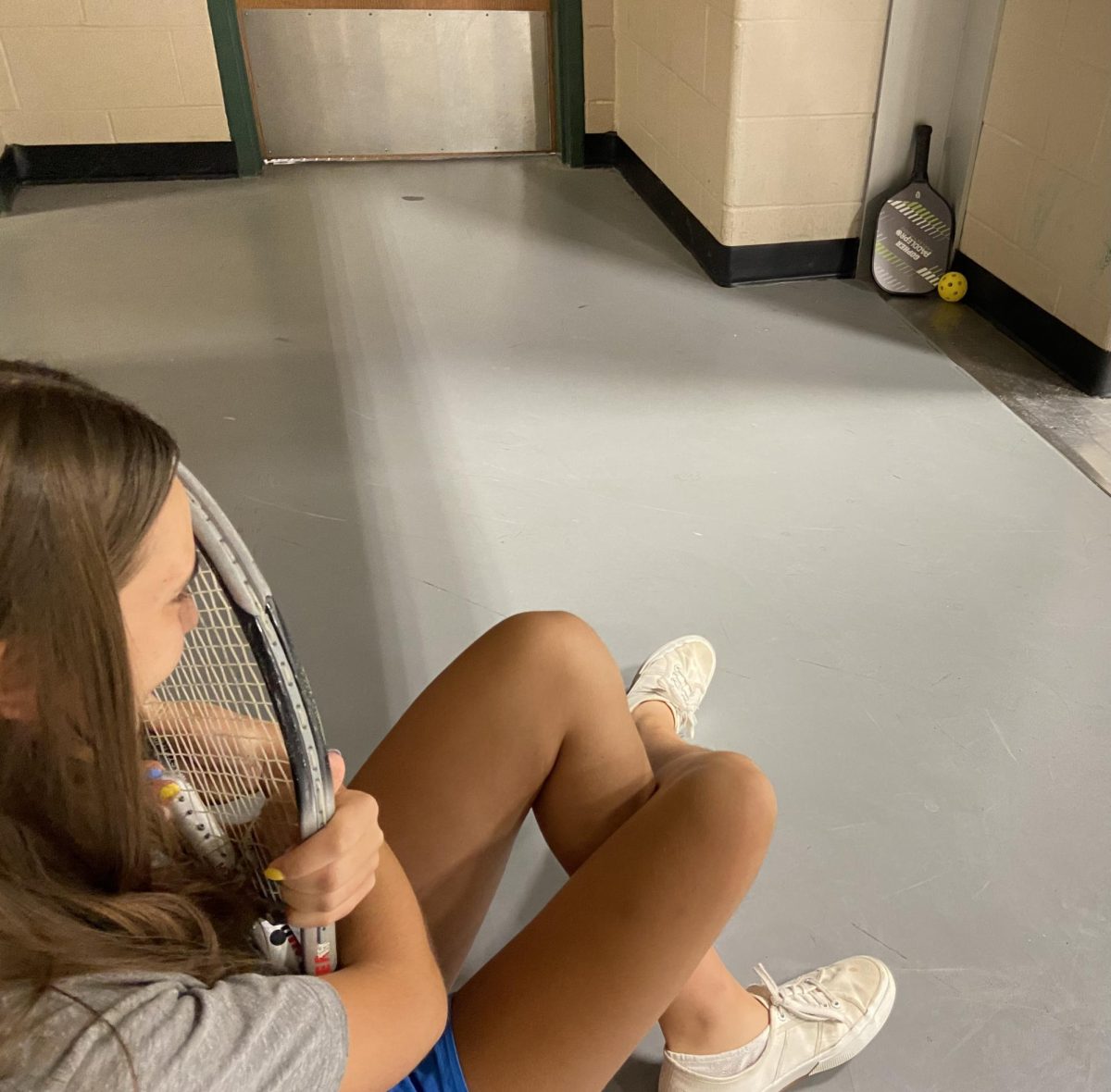
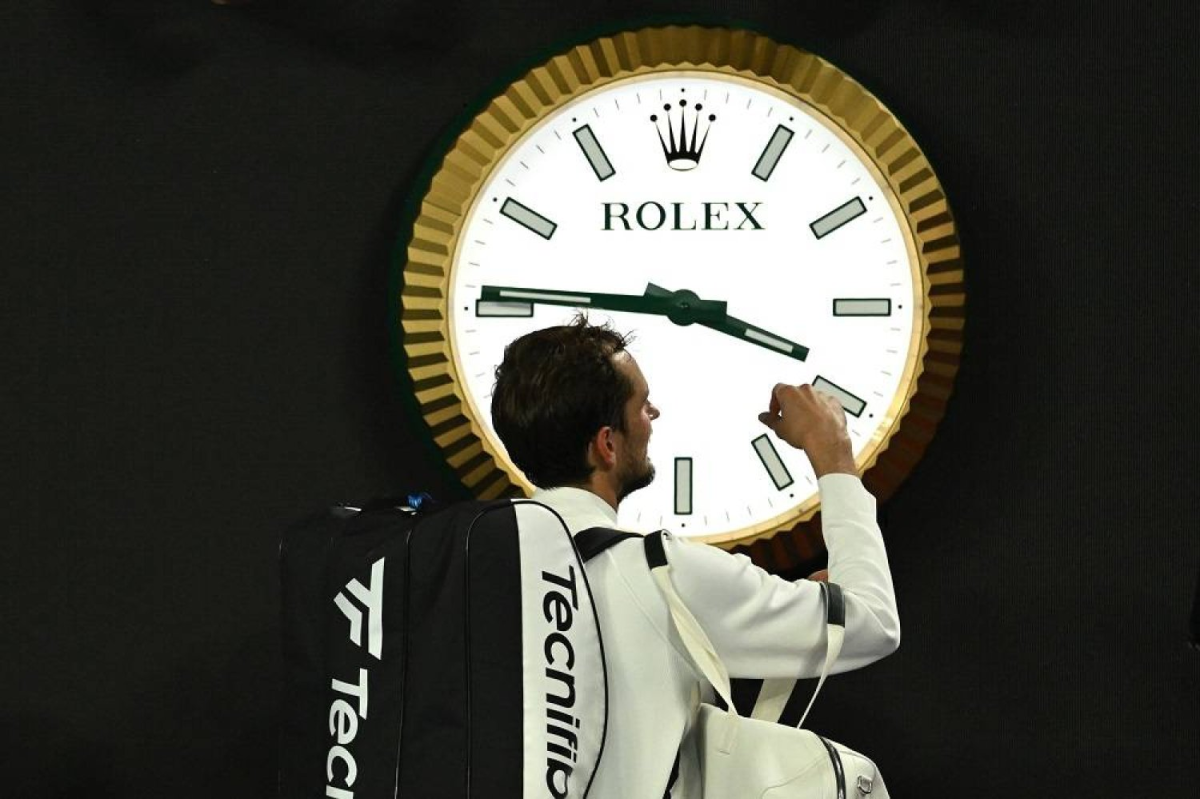
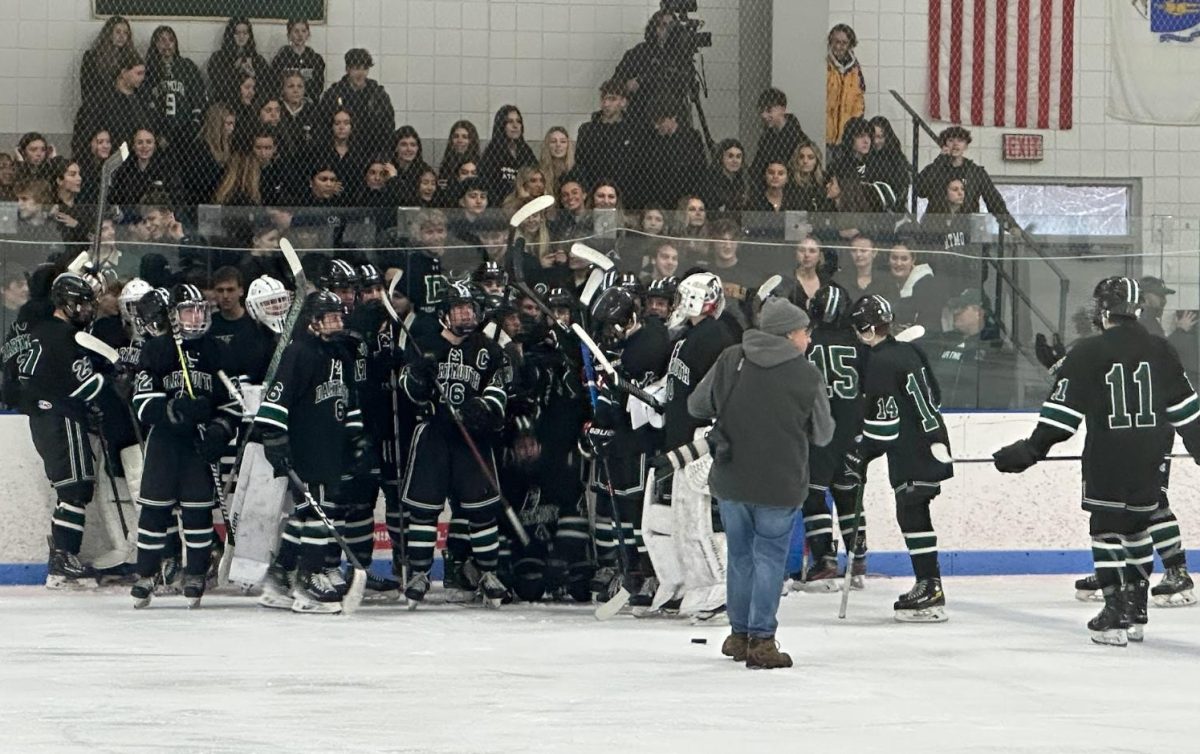



Braylon James Turner • Feb 15, 2024 at 11:13 am
Subpar analogy, to put thyself in other students shoes and proceed to comment on their skill whilst thy own self has no experience in the sport is deplorable. Please reconsider your opinion piece.
HarryHockey • Feb 9, 2024 at 9:12 pm
I think all three of these pieces are openly objective and spot on. It has been a long while since my sons have moved on to collegiate play under the masterful instruction of Capello and Rose. Boy do I miss those Dartmouth games.
I can say after watching the last few games the issues are clear.
1. Coaching you are out of mulligans. Time to change your style.
2. Lack of lines and player change out. You got them coach! Use them! If anything can correct exactly what she points out. It’s that! I counted 12!!!!! Out of 23 people on the bench playing!! Shame on you on many levels!!
3. Team Cohesion – look above. That falls on 1-2. Right now you have 12 players and not much of a team.
4. Finally 1,2,3 touch on the now. With the above goings ons… the future is bleak. You need to grow your program or end up like New Bedford… without one.
Great article and extremely well written and honest. I look forward to following you more often now that I have found it.
Mackenzie • Feb 9, 2024 at 2:45 pm
I find it very funny that you comment on an article without ever having written one or coming to newspaper meetings.
Tristan Almeida • Feb 9, 2024 at 1:38 pm
I think it is very hard for you to comment on some of these things because your not there at practice nor the lockeroom nor do you know what happens behind closed doors.